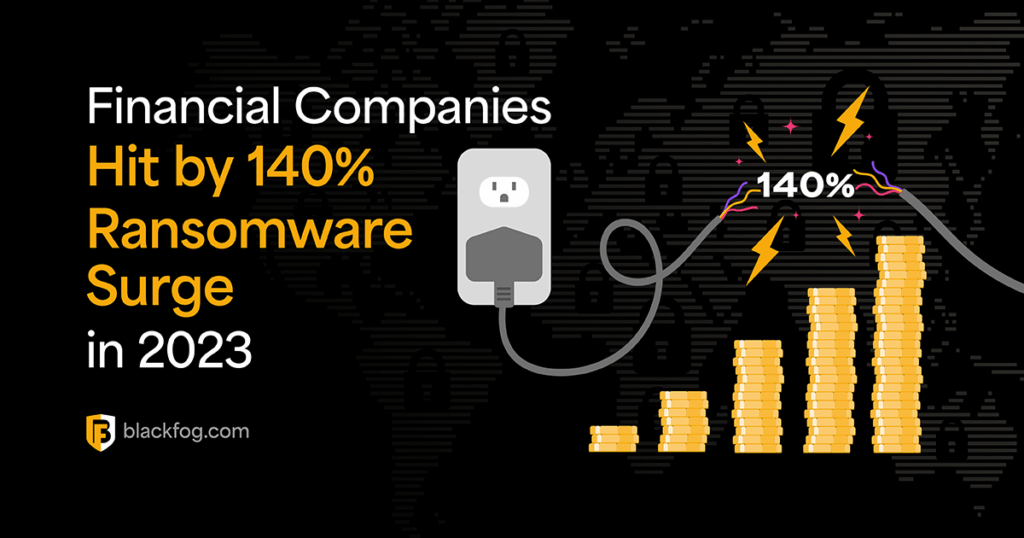
Introduction
As the Canadian economy continues to evolve, financial companies play a critical role in shaping its future. With advancements in technology, shifts in consumer behavior, and regulatory changes, the financial services sector has seen significant transformation. Understanding these trends is essential for businesses, investors, and consumers alike, particularly as Canada approaches a post-pandemic recovery.
Major Developments in Canadian Financial Companies
In 2023, Canadian financial companies are experiencing a surge in digital transformation. Fintech companies are becoming increasingly significant, as startups like Wealthsimple and Koho disrupt traditional banking models by offering innovative solutions such as robo-advisors and app-based budgeting tools.
Moreover, larger financial institutions are also adapting to this trend. The Royal Bank of Canada (RBC) has invested heavily in technology to enhance their digital platforms, resulting in improved customer experience and increased efficiency. RBC’s recent partnership with Google Cloud exemplifies their commitment to incorporating advanced analytics into their services.
Regulatory Changes Impacting the Sector
2023 has also brought about critical regulatory changes that affect financial companies. The Canadian government has introduced new guidelines aimed at increasing transparency in financial transactions, especially regarding fees and commissions. These regulations aim to protect consumers and foster a more equitable financial landscape.
Furthermore, discussions surrounding the implementation of open banking are gaining momentum. This framework will allow customers to control their financial data and share it securely with authorized third-party providers, encouraging competition and innovation in the industry.
Significance of Sustainability
In addition to technological advancements, the focus on sustainability within financial companies is becoming more pronounced. Many institutions are adopting Environmental, Social, and Governance (ESG) criteria in their investment decisions. According to a report by the Responsible Investment Association, over 60% of Canadian investors are now looking for ethical investing options. This trend indicates a shifting mindset towards responsible finance that prioritizes long-term impact over short-term gains.
Conclusion
The landscape of financial companies in Canada is reshaped by technology, regulation, and a commitment to sustainability. These advancements are not only transforming how companies operate but also how consumers engage with financial services. As we progress through 2023, understanding these trends will be essential for anyone involved in the financial sector, whether as a consumer, investor, or professional. Staying informed about these developments will help Canadians navigate their financial futures more effectively.



